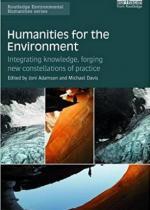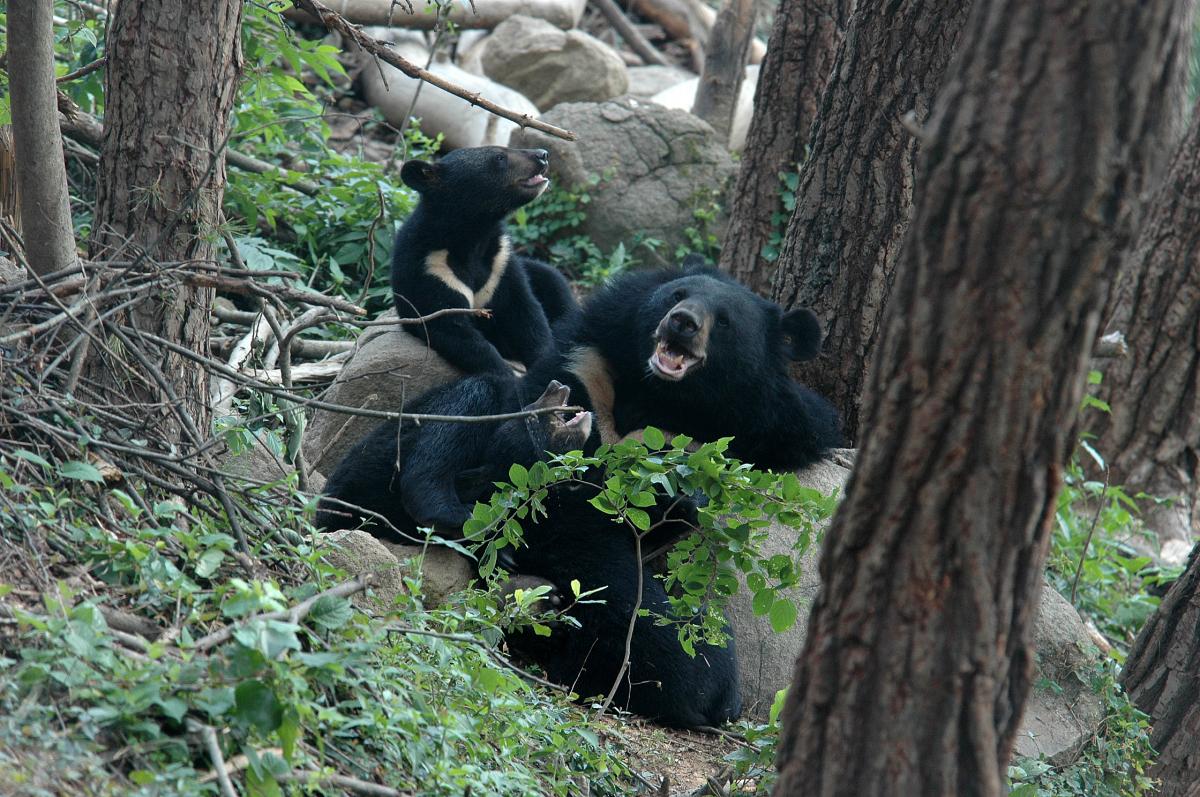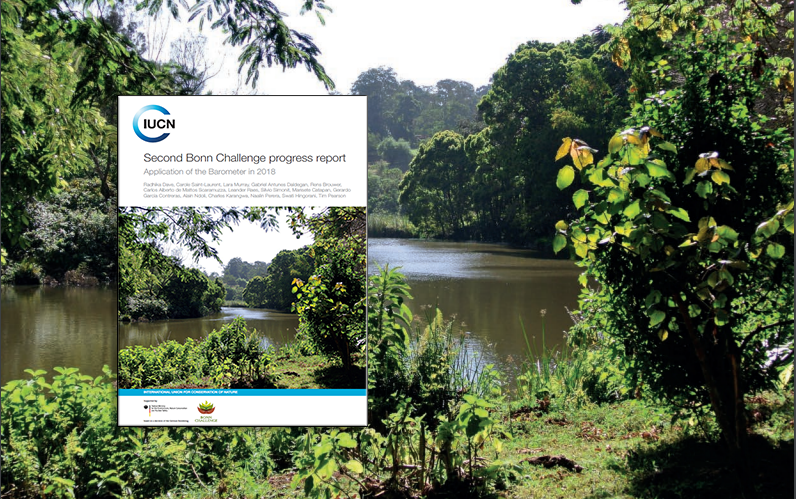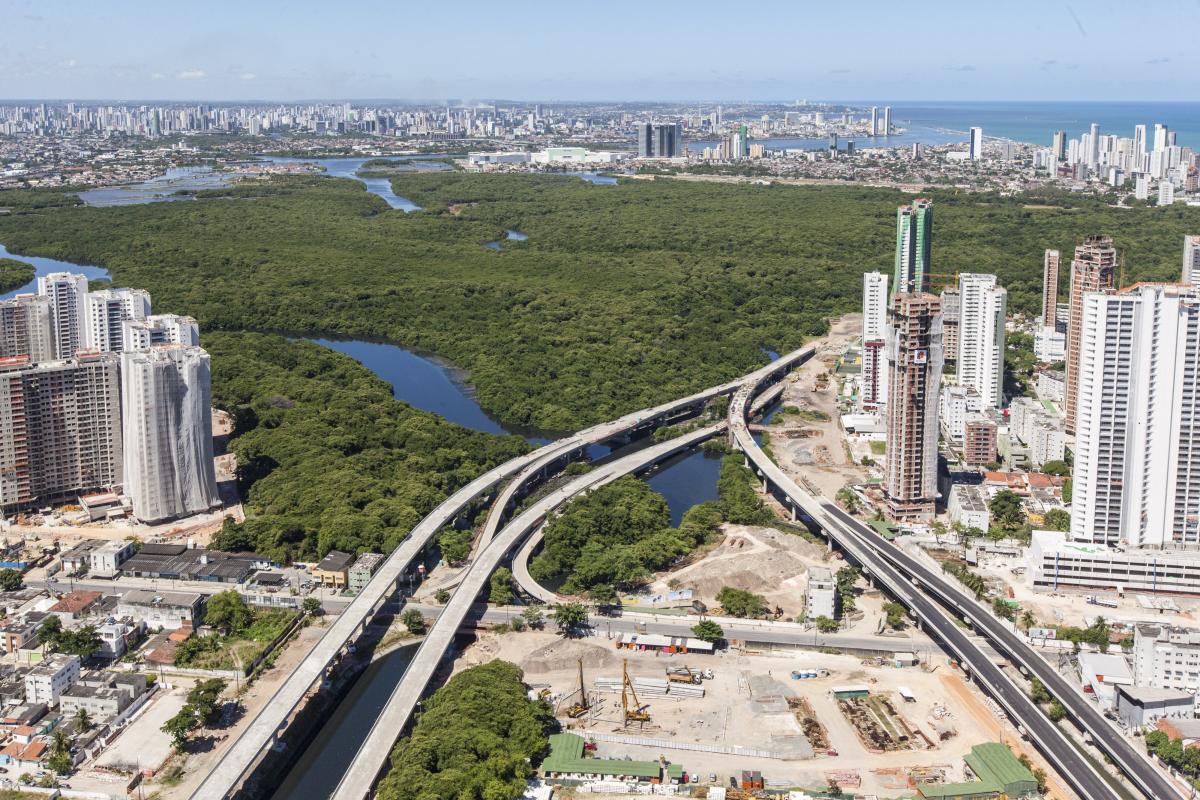Working with Humanities for the Environment - Integrating Knowledge, Forging New Constellations of Practice
CEESP News - by Dr Michael Davis, Honorary Research Fellow, Department of Sociology and Social Policy, The University of Sydney
Michael Davis describes two of his recent publications (one a book he co-edited with Joni Adamson) and a conference presentation, in the context of his ongoing interests in research, writing, and advocacy. He outlines how these activities are aligned with his inter-disciplinary work supporting recognition of Indigenous peoples’ rights in environment and environmental knowledge, and in calling for a re-engagement between humans and nature.
 Photo: Book cover
Photo: Book cover
The essays in this book, shifting from the icy, melting Arctic landscapes, to the bleaching Australian Great Barrier Reef, are framed by a meditation on Indigenous ways of seeing the world through concepts such as the Australian Indigenous one of ‘Country’, and ideas about balance that emanate from North American Indigenous peoples.
This book comes at a key moment in planetary consciousness that calls for a re-connection between humans and our ecologies. Central to this moment is an urgent need to (re)-focus on livelihoods and rights, especially those of vulnerable and marginalised Indigenous and local peoples, who are the owners, stewards, and custodians of often fragile ecosystems. Our oceans, reefs, forests and rivers can only be effectively sustained and conserved if Indigenous peoples’ enduring cultural and biodiversity-related knowledge systems are properly recognised and protected.
It is in these contexts that I have also recently published an article entitled ‘At the Edge of the Region: Where Science and Art Meet in a Storied North Queensland Landscape', in Langscape Magazine, Vol 6, No 1, (Summer 2017). This is produced by the Canadian based NGO 'Terralingua' (www.terralinguaubuntu.org/), an organisation that seeks to celebrate the intricate connections between aspects of diversity – biological, cultural and linguistic. My article ‘At the Edge of the Region’, is a meditation on the interweaving of diverse, often competing narratives, local Aboriginal, environmental, development/scientific, and aesthetic, to highlight the resilience of Aboriginal stories in this complex mix.
The article engages with historical and visual narratives to show how Cairns and this region have been constructed through the lens of a rich artistic tradition, both Indigenous and European. This article can be read by going to the ‘Langscape’ link on the website for Terralingua, and subscribing to the magazine. Alternatively, copies can be sent on request by contacting the author directly.
Still following my trajectory of inquiring into connections, relationships, and entangled narratives - environmental, historical, and Indigenous - and seeking to foreground the voices of Indigenous peoples, I presented a paper to the 36th Annual Conference of the Australian Historical Association (AHA), appropriately themed ‘Entangled Histories’, held in Newcastle, New South Wales (3-7 July 2017). My paper ‘The Making of Environmental Knowledge in Colonial Encounters’ interrogates some brief episodes of what I have called ‘collaboration’ between local Aboriginal people, and British voyagers – naturalists and ships’ personnel – on the surveying voyage led by HMS Rattlesnake through the coasts and islands off north-eastern Australia during the mid to late 1840s.
The Ocean (Pacific) is a key protagonist in these historical vignettes, an ocean that shapes, and is in turn shaped by peoples’ livelihoods. This paper was a re-working and extending of my chapter in my book Humanities for the Environment.
At the heart of all this work is an ongoing interest in, and commitment to, research, writing and advocacy, and to finding the spaces and sites of engagement, cooperation and collaboration between and among peoples and cultures, in which peoples’ rights – local, Indigenous and marginalised – and care of the Earth are paramount.
Michael Davis researches and writes about Aboriginal/European histories and encounters, relationships between Indigenous and other knowledge systems, ecology and place, and ethical guidelines and protocols for Indigenous research. Michael’s recent book is (as co-editor with Joni Adamson) Humanities for the Environment: Integrating Knowledge, Forging New Constellations of Practice (Routledge Earthscan 2016).



